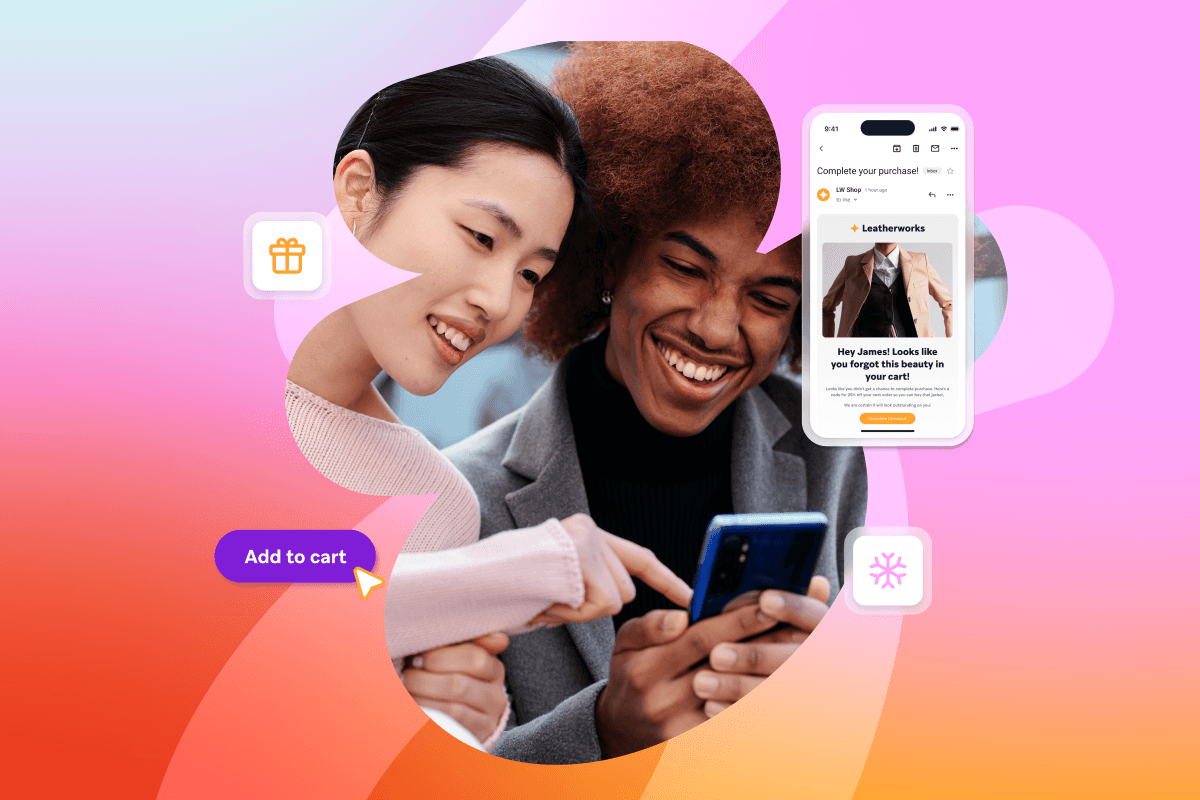How App Indexing Changes the Game
Published on June 12, 2017/Last edited on June 12, 2017/5 min read


Todd Grennan
Managing Editor, Content Marketing at BrazeWhen entrepreneurs set out to create a new consumer app, it’s likely they’re striving for the success enjoyed by giants like Instagram, WhatsApp, and Snapchat—apps that have caught our attention in recent years for both their high valuations and for their (seemingly) effortless customer acquisitions, as users flock to them by the tens of millions. For most brands, however, customer acquisition and retention are a much more arduous process, requiring careful strategy, patience, perseverance, and dollars.
The challenges that come with customer acquisition and retention make the introduction of app indexing into a potentially transformative development for the modern web. So let’s dive into app indexing: what it is, who’s using it, and why it’s important for consumers and apps alike.
What is App Indexing?
As native apps caught on following the introduction of the first iPhone, lots of users and brands moved to native apps, raising concerns that the web might become an afterthought. For Google, which sees a major part of its revenue come from web search, that was a problem.
Before 2013, the search engine experience would look something like this: You have a question, visit Google (or another search engine), type in your query, and then you’re served with pages and pages of results from websites around the world wide web. What’s missing? Any information exclusive to a native app—it was as if in-app information didn’t exist. And mind you, the app boom started in 2008, a whole 5 years prior!

App indexing makes it possible to go right to an in-app section from search results (Source: Search Engine Land)
App indexing solved this predicament. In 2013, Google launched app indexing, which essentially treats Android apps like a webpage. When an app is published, all of the content is indexed, just like your traditional website. And now, mobile search results can include native app content.
Is App Indexing Only For Google?
As Google is still the dominant player in search, it’s no surprise that app indexing first started with Android, before eventually adding iOS support. But Google isn’t the only search engine indexing apps. Microsoft Bing also allows developers to link app content to Bing search results. In the words of Bing, it’s looking to build a “massive index of app and app actions.” This means that Bing is looking to index apps not just made to run on Windows 10, but also apps created with iOS and Android.
What About Google App Streaming and Instant Apps?
Google App Streaming takes app indexing to the next level. Not only is the content from your app available in search rankings, but users are able to experience your native mobile experience immediately. When someone clicks on the deep link in the search results, they can “open the app” and get the information they were looking for, without having to download the app before doing so.

A phone app streaming HotelTonight’s native app (Source: TechCrunch)
Google Instant Apps takes the app streaming experience and makes it even more seamless by breaking down participating apps in modular parts hosted on Google’s cloud, making it possible to load only the section of the app they’re actively using. That means, for instance, that when someone who clicks on a link to a video within a brand’s app, only the section of the app needed to run that video would load, reducing load time and providing a superior user experience that’s comparable to watching that same video on the mobile web. And at this year’s edition of Google I/O, it was announced that all Android apps can choose to take advantage of this new tool.

Using B&H Photo Video’s native app via Android Instant Apps (Source: Android Authority)
According to Google, “Sometimes the best answer is on a website, and sometimes it’s in an app.” With Google App Streaming and Google Instant Apps, it doesn’t matter where your answer is coming from. If you make a query on a mobile browser, you’ll get the most relevant answer, no download required.
Why is This Important for Marketers
For most apps, it’s getting harder and harder to break through. The average smartphone user has at least 40 apps installed, and isn’t necessarily looking for any more. The rise of app indexing makes it possible for brands to acquire new customers not through expensive paid acquisition efforts, but through organic search, changing the acquisition playing field and making it easier for new apps to break through.
It also lowers the bar when it comes to trying out new apps. Where users once had to download an app before ever using it, raising chances that customers download and then uninstall if the app doesn’t fit their specific needs, with app indexing it’s possible to put an app through its paces before committing to download, making it more likely that the people who do choose to download will become loyal customers over the long haul.
That’s great, but it makes it even more essential for brands to understand and optimize how users experience every aspect of your app. If you can’t persuade web visitors that your app is worth downloading after they try it out, you’re in a tough spot.
Be Absolutely Engaging.™
Sign up for regular updates from Braze.
Related Content
View the Blog
Holiday Email Deliverability: Tips and Tricks from Braze Experts

Team Braze

Destination Inbox: Navigating the Modern Landscape of Email Deliverability

Alison Gootee

Know Your Push: Understanding the Different Push Notification Devices and How to Use Each Effectively
